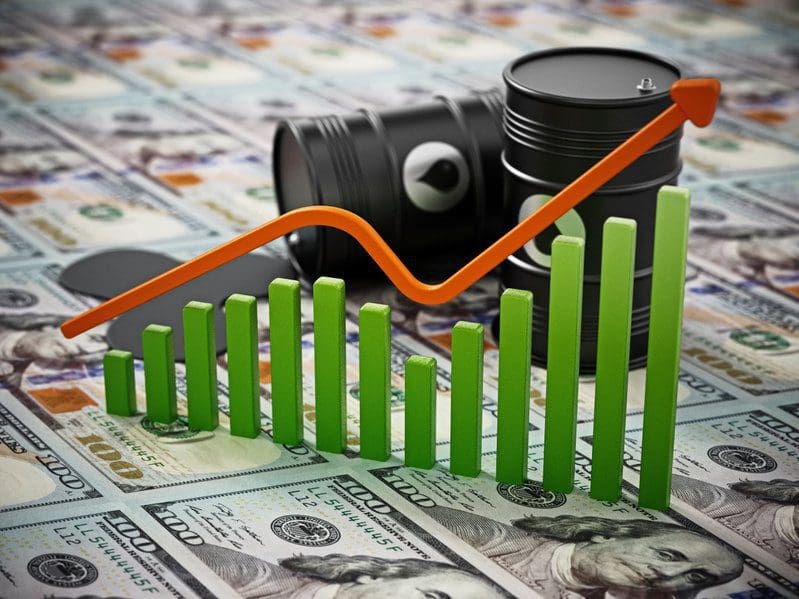Petroleum prices edged higher this week.
Crude oil peaked mid-week closing at $83.87 per barrel on the New York Mercantile Exchange on Wednesday but dropped back $2 to $81 during trading on Thursday.
Gasoline prices followed the rally of crude oil increasing $0.072 per gallon over last week, according to AAA. The average price in the U.S. was $3.369 on Wednesday.
California has the most expensive gasoline averaging $4.531.
Texas has the cheapest at $3.018. All regions of Texas witnessed increases in gasoline prices this week. North Texas prices averaged $2.998 up $0.083, West Central averaged $3.070 up $0.081, and East Texas averaged $3.058 up $0.085, according to AAA.
Diesel prices across the nation averaged $3.579 and $3.262 in Texas.
The rise in crude oil, gasoline and diesel prices can be attributed to increased demand and the decline of oil inventories.
The Energy Information Administration reported this week that oil inventories declined 400,000 barrels to 426.5 million barrels, which is a decline of 61.6 million barrels from a year ago and a decrease of 123.5 million barrels since last June.
EIA also reported decreases in refined-product inventories with distillate and gasoline demand rising despite higher consumer prices. Gasoline inventories fell 5.37 million barrels to the lowest since November 2019 and demand is at its highest since 2007 for this time of year.
As demand for petroleum products increases and prices firm, oil and gas companies have caught the eye of financial institutions, according to a report by Bloomberg. Banks are gradually offering more credit to U.S. shale oil and natural gas producers as the industry recovers from last year’s contraction and energy prices rally.
So-called borrowing bases will increase as much as 20% during the imminent round of talks between drillers and lenders, according to most respondents in a survey conducted by law firm Haynes & Boone LLP.
The findings indicate a continued improvement after the dire conditions experienced in the oil and gas sector last year, when the pandemic and global gluts led to a slump in energy prices and prompted banks to cut back on lending.
The previous Haynes & Boone survey, published in April, indicated borrowing bases would remain flat or rise by 10%. Lending against crude and gas reserves, a key source of capital for explorers, typically sees twice-year redeterminations, in which bankers reassess their commitments.
Alex Mills is the former President of the Texas Alliance of Energy Producers.
Alex Mills is the former President of the Texas Alliance of Energy Producers. The Alliance is the largest state oil and gas associations in the nation with more than 3,000 members in 305 cities and 28 states.






